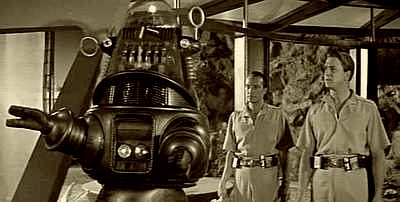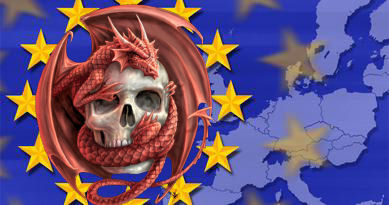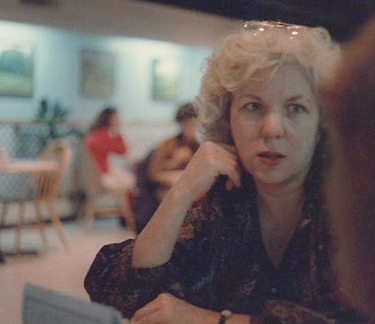
Long-time readers will remember my late wife Dymphna, for whom this blog was created almost twenty years ago. For the first few years, while I was still employed full-time, she was the principal contributor here, and posted prolifically until her worsening fibromyalgia rendered her mostly unable to sit and write at length. Even then, she continued put up an occasional post until a few days before she died.
Today is the fifth anniversary of her death, and I’ve decided to honor the occasion by writing a more lengthy tribute than usual. Readers who are here to read the dystopian news about the Great Jihad or the New World Order may want to skip this post, and wait for the horrible news to reappear, which it will do soon enough.
I’m not going to eulogize my beloved again — the one I wrote the day after her funeral was good enough — but instead will ruminate on various aspects of our time together since we first met forty-five years ago.
In the past five years I’ve learned that grief is a long and complex process. The first few months were horrific, so awful that I can barely remember them. My memories of the summer of 2019, beginning with the week of the funeral, consist of a jumble of disjointed snapshots, fragments of a time that was so ghastly that it has made me amnesiac. When I was digging out the link for the eulogy, I noticed that I started posting again later that June, and then continued more or less as usual from them on. But I can’t really remember any of it. I look at a post and think, “Oh, yeah, I guess I wrote that,” but I have only the vaguest memory of it.
I was just starting to come out of the horror when the “pandemic” hit in March of 2020, which ushered in a new form of horror. The “new normal” that I live in now was thus forged in the crucible of two great traumas, one deeply personal and sorrowful, the other a profound political evil. Nothing has been the same since then.
I’ve reached a sort of steady state of contemplative melancholy. It’s a condition that allows me to socialize and enjoy myself, but always with an undercurrent of sorrow. I doubt that will ever change.
It’s not a bad life, just different.
The picture at the top of this post was taken at my one-man show in the fall of 1987. The one below was “taken” six years earlier, here at Schloss Bodissey:
Dymphna posed for the painting on a hot summer evening in August of 1981. You’ll notice the cigarette in her right hand, next to her face. She said she had to keep one lit while she was posing, to drive the mosquitoes away.
The front porch is still there, but it’s somewhat different now. Back then there were grapevines on either side of it — Concord grapes, white on one side, red on the other — that had been planted by the previous owner. A couple of years after I painted the picture, Dymphna had me dig the vines up and move them, because she had other plans for what eventually became the front flower beds. On the north side is an infestation of wisteria where the grapevine used to be, but I cut it back every year. On the south side is a camellia bush that has grown quite large.
There are railings now on all three sides of the porch, and also down each side of the stairs. The three steps and the porch slab, all of which are made of concrete, are a somewhat different color today, because they’ve been painted a few times. Here in red clay country, bare concrete tends to turn orange over the years where people walk on it, as you can see to a certain extent in the painting. But now it’s just a nondescript grey — for some reason the orange iron compounds don’t seem to adhere to concrete paint.
There are two medium-sized spirea bushes on either side of the stairs. The one on the south side would have partially obscured Dymphna if it had been there when I painted the picture. Both of them just finished blooming.
Other than that, the porch is pretty much the same. The light is exactly the same as it was in 1981, except that it has an LED bulb. Sometimes when I’m out at night, I notice that the shadows of the posts radiate across the lawn just like they did back then, although they are now also accompanied by the shadows of the railings. The little slate pieces that we used for a front walk have been pulled up and replaced with larger, thicker rectangular slabs of slate, but the walk is in the same position (and kind of disappears under the south spirea bush at one point).
I had to rotate the digital photo of the painting and then correct the color in it to prepare it for posting, and it made me all nostalgic. Looking at it up close like that really brought back the time when it was painted, and it seems so recent — just the other day.
Late in the spring of 2023 I was finally able to contain my grief enough to write a poem about the grieving process, but without wallowing in it. The difficulty had been increased by the fact that I knew I could no longer read the final product aloud to my wife when I was done, which had been my habit for the last twenty-five years or so before she died.
Instead I sent it to an old friend of mine who “gets” poetry, and has also written some excellent poems himself. He wrote back to say that he saw it as “a containment chamber for the emotional chaos,” and he was exactly right. I told him, “I process my emotions fairly well, analyze them, figure out their interactions, etc., but I keep them to myself, because I’m a severe introvert. I express them via the poems, but even there the expression has to be coded. I don’t come out and say, ‘I’m unutterably sad’, but rather ‘My lady grew clematis there’, to contain the same dosage of the same emotion. I say, ‘Erect the gibbet! Tie the noose!’ rather than ‘I’m afraid of dying’.”
I won’t be putting out a revised edition of The Nothing Tree in Bloom, so the new poem will remain unpublished. I’ll just stash it in a folder with all the others, in a drawer of the filing cabinet.
The alert literary sleuth will discover references to Rudyard Kipling, Bob Dylan, Leonard Cohen, John McCrae, and Edward FitzGerald, among others. The verse is iambic throughout, but has an irregular rhyme scheme. Syllable counts: the quatrains are 8-8-8-6, while the couplets are 8-8.

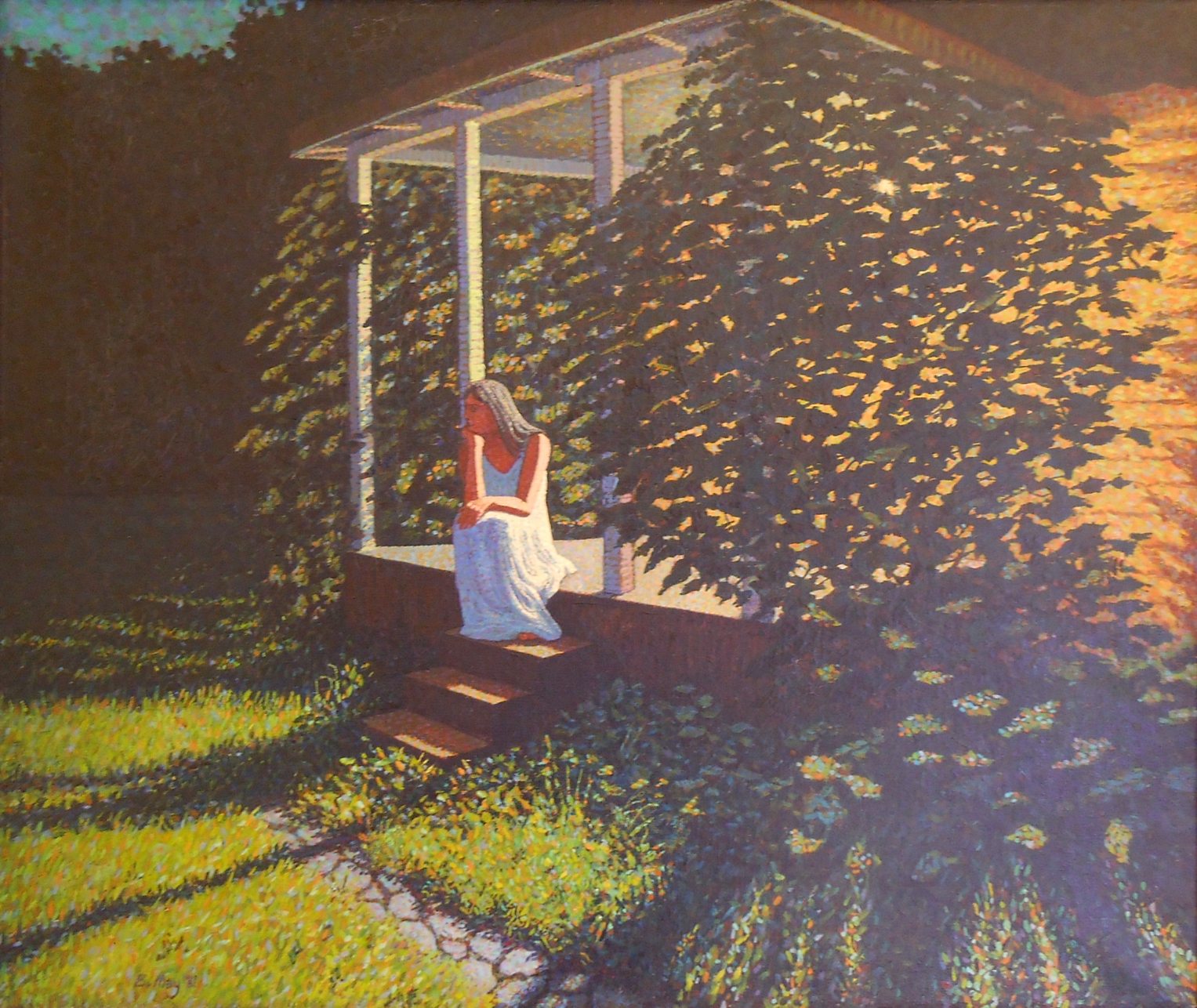





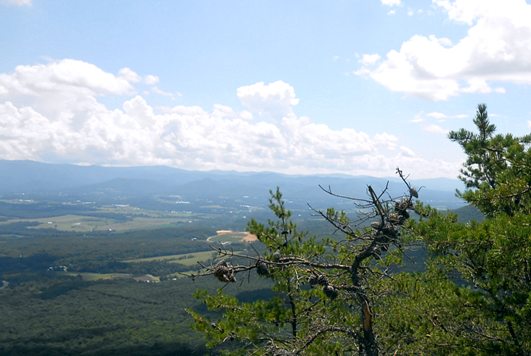



 I went to the retinal specialist’s office this afternoon to get the latest in a series of periodic injections in my left eye, to treat the chronic condition of wet macular degeneration. As a result, my blogging activities will be somewhat subdued this evening. However, I expect to get at least one additional post up before I do the news feed.
I went to the retinal specialist’s office this afternoon to get the latest in a series of periodic injections in my left eye, to treat the chronic condition of wet macular degeneration. As a result, my blogging activities will be somewhat subdued this evening. However, I expect to get at least one additional post up before I do the news feed.





